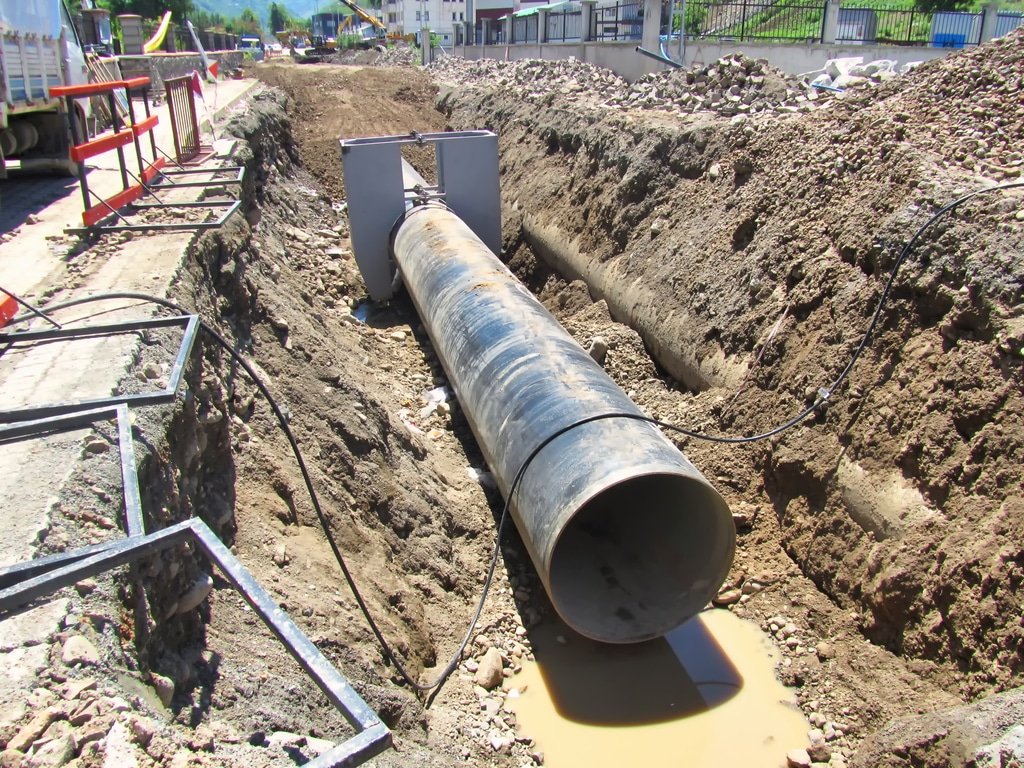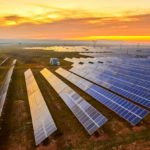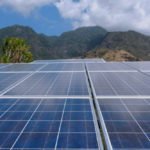The government of Zimbabwe has launched the construction of a pipeline to bring raw water from the Gwayi-Shangani dam to the city of Bulawayo
The project which was launched by the President of the Republic of Zimbabwe Emmerson Dambudzo Mnangagwa aims to pump raw water from the Gwayi-Shangani dam to supply Bulawayo and surrounding communities in the arid Matabeleland region.
The development is also part of the Matabeleland Zambezi Water Project (MZWP) whose overall objective is to end the permanent water shortage in this arid province. The project is being implemented in several phases. In the first phase, the authorities want to deliver the Gwayi-Shangani dam. The dam is being built on the Zambezi River in the Hwange and has been entrusted to China International Water and Electric Corporation (CWE), a subsidiary of the giant China Three Gorges Corporation (CTE).
Read:Namibia commissions US $2m groundwater defluorination plant
Delayed works
The Chinese company was supposed to commission the reservoir in 2021. However, works has been delayed due to travel restrictions imposed by the authorities at the height of the Covid-19 health crisis.
CWE is constructing a roller-compacted concrete gravity dam 70 m high and 305 m wide. The facility, located approximately 6 km downstream of the confluence of the Gwayi and Shangani Rivers (tributary of the Zambezi River), will be capable of storing 634 million m3 of water. With the lifting of sanitary restrictions, CWE plans to commission the reservoir in 2022.
Phase two of the project involves the construction of an intake in the new dam. The raw water will follow the new pipes, the laying of which was recently launched by the Zimbabwean authorities. The pipelines will bring water to Bulawayo. The government upon the project completion, plans to treat this water for households and send some of the raw water to feed irrigation systems in the arid Matabeleland region.







